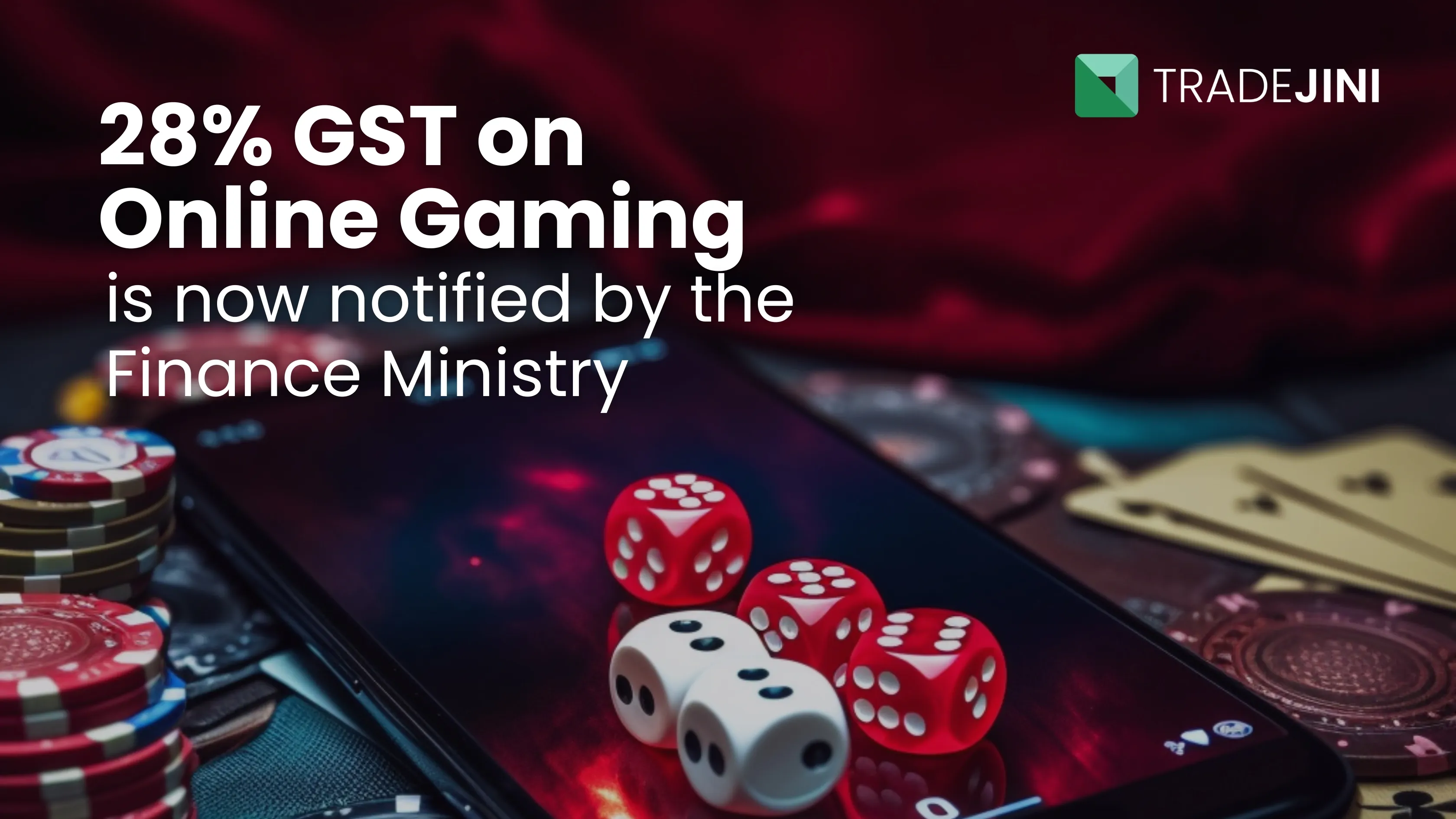Many people often wonder if day trading is a form of gambling. But a whole lot of other investors have different opinions about it. Day trading and gambling may look similar as they both involve risk and the chance to make money. However, there are some big differences between the two. Gambling mostly relies on luck, while day trading requires skills, knowledge, and careful planning.
So, in this blog, let’s learn in detail whether day trading is a form of gambling or not while exploring the key differences between them. You will also learn how traders can avoid turning their trades into gambling. If you are a trader, scroll down!
Gambling vs Day Trading
- Gambling
Gambling is when people risk money based on luck while hoping to win more. In games like slot machines or betting on sports, the outcome is unpredictable, and gamblers do not have control over what happens. There is very little thought or skill involved, and most gamblers rely on luck. For example, when you spin a wheel, you cannot predict the outcome, and this makes it purely a game of chance.
- Day Trading
On the other hand, day trading is different as it involves buying and selling stocks or other financial assets within a single day. Day traders make decisions based on research and analysis. They study how the market moves, read reports, and use tools like charts to make the right investments. In day trading, speculation is based on facts and data and not just luck. Even though there is risk, it is a calculated one as it is backed by knowledge. So, when people wonder if trading is gambling or not, the answer is that day trading involves much more skill than gambling.
When Day Trading Becomes Gambling
Even though day trading and gambling are different, sometimes day trading can turn into gambling. This happens when traders do not do enough research or make decisions based on emotions or random guesses. Here are certain circumstances when day trading becomes gambling:
- Blind Trades
If you are aware of them, then you must know that blind trades are made without any research or proper analysis. Traders might buy or sell a stock simply because they think so or because they are following what others are doing.
- Baseless Speculation
Baseless speculation means guessing the market without any facts or information. For example, buying a stock just because someone else recommended it, without checking the details yourself, is risky.
Emotional Decisions
Making emotional decisions is one of the biggest reasons why day trading can feel like gambling. For example, when a trader gets scared as the price drops, they may sell too early.
Strategic Research vs Random Picks
To understand the major differences between day trading and gambling, let’s compare two situations:
Scenario 1: Strategic Research (Trading)
A careful trader spends time studying a company's financial reports and looks at charts to see how the stock price has moved in the past. They use tools like moving averages and other indicators to decide when it is a good time to buy or sell. The trader also sets a stop-loss, which is a point where they would exit the trade if things do not go as planned. In this case, the trader is making thoughtful decisions, which shows that trading is not a gamble when done correctly.
Scenario 2: Random Picks for Quick Returns (Gambling)
In this scenario, a trader buys a stock without doing any research because a friend suggested it. They do not look at the company’s performance or the market trends. They just hoped the stock price would go up quickly. This kind of random guessing is very similar to gambling.
Also Learn: A Guide to Setting Up Your Stock Trading Plan for Muhurat 2024 | Samvat 2081
Factors That Differentiate Day Trading and Gambling
- Strategy
One of the main things that sets day trading apart from gambling is having a solid strategy. Day traders create specific plans to guide their actions. They know when they will enter and exit a trade. However, in gambling, there is no strategy as it is just about chance.
- Technical Analysis
Day traders rely on technical analysis, which means studying charts, price movements, and market patterns. Gambling does not involve any analysis like this.
- Stop-losses
A stop-loss is a tool traders use to limit their losses. While entering a trade, they set a point where they would sell the asset if the price goes down so that they can avoid losing too much money. But in gambling, people often continue betting until they run out of money.
- Impulse and Luck
In gambling, people often act on impulse and make quick decisions without thinking about the consequences. But in day trading, traders avoid impulse decisions and rely on their skills and analysis.
- Addiction
Both gambling and day trading can become addictive if not managed carefully.
How To Avoid Gambling Traps
- Follow a Strategy
Always have a clear strategy in place before you trade. This includes knowing when to enter and exit trades, how much risk you are willing to take, and sticking to your plan.
- Manage Emotions
Emotions like fear and greed can lead to poor decisions. Hence, it is important to stay calm and not let emotions take over when trading.
- Use Stop-losses
If you use stop-loss, you can certainly control your risk by automatically selling a stock if the price drops too much.
- Avoid Impulsive Trades
Impulse trades are made without proper analysis or thought. These trades are risky and can lead to losses just like gambling.
Conclusion
So, overall, day trading and gambling are quite different. While gambling is driven by luck and chance, day trading involves skill, research, and strategy. Now, if you are looking for the right trading platform to implement all these techniques while day trading, download the Tradejini CubePlus App. With the help of the app, you can track real-time market data, make the right trades, and use tools like technical analysis and stop-losses to manage your risks.
It’s time to trade confidently!
Also Read: India VIX: Exploring Its Meaning, Calculation, and Applications



